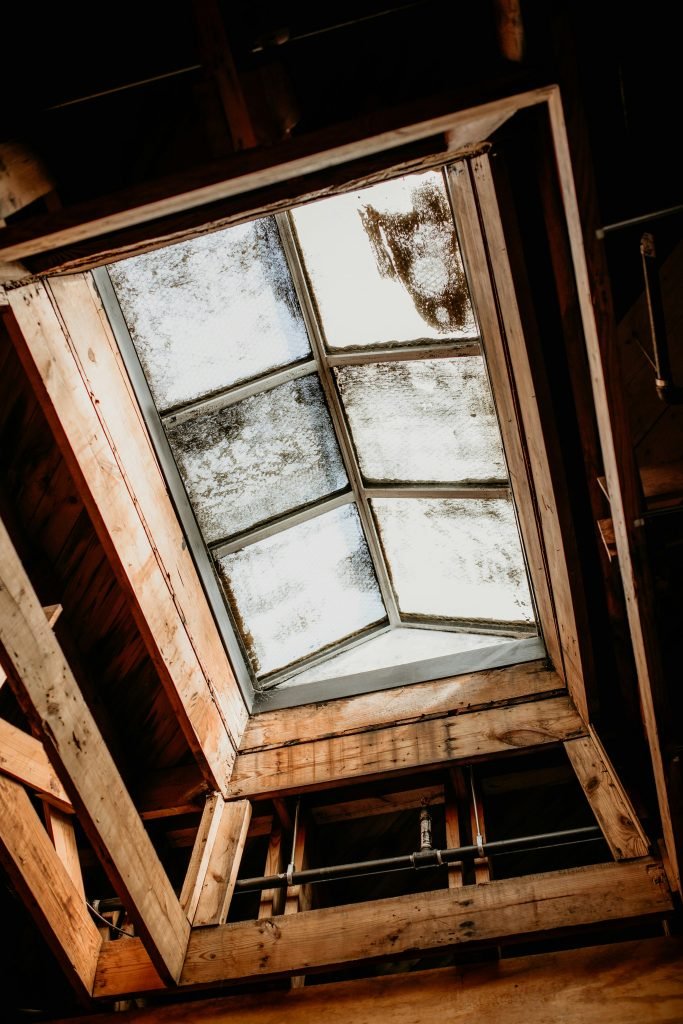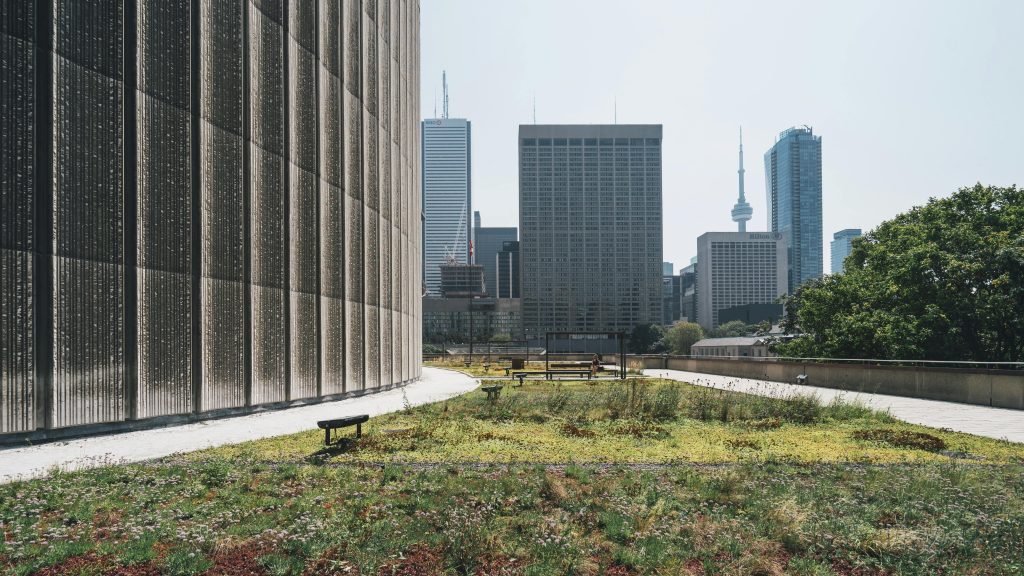What factors come to mind when you’re thinking about building a deck or patio? Whether it’s for entertaining guests, enjoying family gatherings, or simply relaxing in the outdoors, there’s a lot to contemplate before you get started on this exciting project.

This image is property of pixabay.com.
Understanding Your Needs and Goals
Before laying a single plank or stone, it’s important to clearly define what you want this space to accomplish. Will it be a spot for barbecuing with friends, having a quiet morning coffee, or serving as a play area for your kids? Being clear about your needs ensures that you make decisions that align with your vision.
Size Matters
Consider the available space in your backyard. Take some time to measure the area effectively, accounting for the boundaries of your property, as well as the size of existing structures, trees, and paths. You’ll want to ensure that there’s plenty of room for whatever activities you plan.
Lifestyle Considerations
Think about how you and your family will use the space. If you frequently host large gatherings, perhaps a larger deck would be ideal. If it’s more about peaceful evenings with a book in hand, a smaller, more intimate patio could suit your needs perfectly.
Choosing the Right Materials
Choosing the right materials is crucial for both aesthetic appeal and durability. Each option has its own look and feel, and it’s worth taking the time to research and see what resonates with you.
Wood Options
Many people opt for wood for its natural beauty and versatility. The most common types include pressure-treated lumber, cedar, and redwood. Each wood can add a unique style to your home, but consider the maintenance involved, as some woods can require more upkeep than others.
Composite Materials
If you’re looking for something low maintenance, consider composite decking. Made from a mix of wood fibers and recycled plastic, it offers a durable option that doesn’t splinter or warp like wood can. It’s available in various colors and styles, making it a versatile choice.
Stone and Paver Options
For patios, stone and pavers provide a wonderful aesthetic. Whether you choose flagstone, brick, or concrete pavers, each material can give your outdoor area a distinct look. Stone patios often require more foundational work but can stand strong against the elements.
Design and Layout
Creating a layout that works for your lifestyle and complements your home is key. The design should flow seamlessly from your indoor spaces to your outdoor areas, blending both environments.
Shape and Flow
Don’t feel confined to standard rectangular shapes. Curved designs or multi-level decks can add visual interest and better suit the surrounding landscaping. Think about how people will move around the space; ensuring a natural flow will enhance functionality.
Functional Features
Consider incorporating features that provide added functionality such as built-in benches, fire pits, or outdoor kitchens. These areas not only elevate the usability of the space but also encourage memorable gatherings.
Local Regulations and Permitting
Before you start your building project, familiarize yourself with local regulations and permits. Every city or town has specific building codes that govern outdoor structures.
Building Codes
Local building codes generally outline what is required for your deck or patio, including safety standards and structural requirements. Checking with local authorities early in the process can prevent headaches later on.
Permits
In many cases, building a deck or patio may require a permit. This ensures that your project adheres to safety standards and maintains the community’s aesthetic. Be sure to inquire about the necessary permits and plan for additional time to secure them.

This image is property of pixabay.com.
Budgeting for Your Project
Establishing a realistic budget is vital for keeping your project on track. It’s easy to underestimate costs, so a comprehensive budget outlines all potential expenses.
Material Costs
Different materials come with varying price tags. Consider not just the price per square foot of each material, but also factor in the cost of installation. Some materials may be more affordable upfront but could have higher maintenance costs over time.
Labor Costs
If you plan to hire professionals, get multiple quotes from contractors. Compare not just the total costs but also the scope of work, materials included, and timelines. If you’re considering a DIY project, be honest about your skill level and time commitment.
Maintenance and Longevity
You’ll want your new deck or patio to last for years, so take maintenance into consideration during your planning stages.
Material Durability
Some materials require more maintenance than others. For instance, wood decks may need regular sealing and staining, while composite materials generally require less upkeep. Factor this into your long-term budgeting and planning.
Seasonal Preparations
Consider how the deck or patio will hold up throughout the seasons. In wetter climates, drainage may be a concern, while in areas prone to snow, you’ll want to plan for snow removal.

This image is property of pixabay.com.
Enhancing the Space
Once your deck or patio is built, think about ways to enhance the area. Create an inviting atmosphere where you’ll enjoy spending time.
Landscaping
Incorporate landscaping elements that complement your outdoor space. Flower beds or decorative shrubs can soften hardscape edges and create a beautiful, inviting environment.
Furnishings and Accessories
Choose outdoor furniture that fits both your style and functional needs. Think about seating options, tables, and decorative touches like lanterns or outdoor rugs to create a cozy feel.
Sustainable Options
Today’s environmentally conscious homeowners may want to consider sustainable building practices. There are numerous ways to create a deck or patio that aligns with your values.
Eco-Friendly Materials
Look for materials that are certified sustainable or recycled. Many manufacturers offer composite products made from reclaimed wood and plastic, reducing your carbon footprint while providing durability.
Water Conservation
Implementing water-saving techniques in your landscaping, such as using native plants or xeriscaping, can drastically reduce water usage while still offering a lush outdoor space.
Safety Considerations
Safety should always be a priority when building a deck or patio. Think through potential hazards and find ways to mitigate them.
Railings and Stairs
If your deck is elevated, having sturdy railings and well-designed stairs is essential. Ensure that railings meet local codes for height and strength.
Slip Resistance
Ensure that your materials provide good traction to prevent slipping. Textured surfaces or anti-slip coatings can help ensure safety during wet conditions.
Getting Professional Help
While some homeowners love a good DIY project, others may prefer the expertise of professionals. Deciding whether to tackle the construction yourself or hire a contractor is an important decision.
Assessing Your Skills
Be honest about your skills and experience. If you’re handy and enjoy working with your hands, you could tackle a smaller project yourself. However, for more complex builds, hiring a professional might save time and ensure quality.
Finding a Reliable Contractor
If you decide to hire help, take the time to research and choose a reputable contractor. Look for reviews and ask for references. A trustworthy contractor will not only provide quality work but can also guide you through the design and material selection process.
Conclusion
Building a deck or patio can greatly enhance your home, providing a beautiful space to gather and enjoy the outdoors. By considering your needs and goals, selecting appropriate materials, adhering to local regulations, budgeting, and planning for maintenance, you can create a wonderful outdoor area that fits seamlessly into your lifestyle.
As you move forward in this exciting project, keep in mind that thoughtful planning will ultimately lead to a space that you, your family, and your friends will treasure for years to come.




